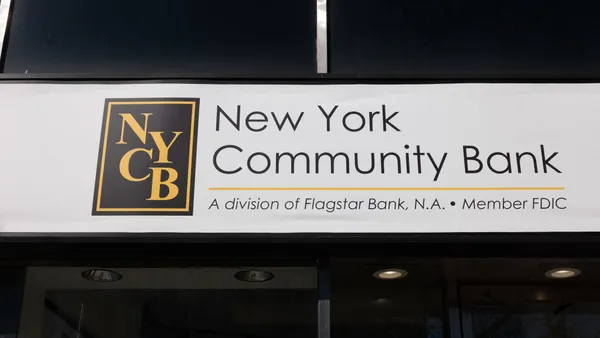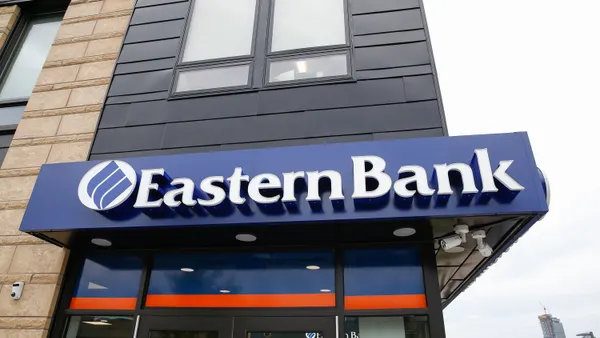Seattle Bank's new partnership with Google presents an opportunity for the $730 million-asset bank to tap a new demographic, said John Blizzard, the bank's president and CEO.
The bank is one of 11 financial institutions partnering with the tech giant to offer digital "Plex" accounts through Google Pay next year.
"It's a new client focus for us," Blizzard said. "This is a digital-first client, less complexity, if you will, than our traditional commercial clients. That's a new growth opportunity for us to serve that clientele with an amazing product and do that efficiently."
The bank, which has a single location in downtown Seattle, has traditionally focused on offering commercial banking, specialty mortgage and services for high-net-worth individuals — complex accounts which require a high level of service, Blizzard said.
The Google accounts, Blizzard said, are expected to attract the technology-savvy millennial and Generation Z crowd.
"They just expect everything to be super easy, digital, insightful, with great information and super searchable,” Blizzard said.
In addition to reaching a new customer segment, Blizzard said the bank sees value in partnering with the search giant's user experience capabilities.
"It's a great way to combine one of the best tech companies in the world, particularly on user experience, along with our local brand," he said. "The banking experience is just ripe for a Tesla-Peloton kind of experience, and we don't have that today. I think Google clearly can help drive that, and that's pretty cool."
The Plex accounts will be built on top of each partner bank's existing infrastructure, and Google will provide the front end, user experiences and financial insights.
Institutions planning to offer the accounts include Citi, BBVA USA, BMO Harris, BankMobile, as well as credit unions SEFCU and Stanford Federal Credit Union, among others.
Blizzard said the Google partnership also aligns with the bank's technology strategy. The bank recently switched its core banking system to a Finastra platform.
"We decided a couple of years ago to really take control of our technology and move to a cloud-based system and get a new partner on the technology side for our core infrastructure," he said. "We're cloud-based and [application programming interface]-ready, which enables us to do stuff like this. In the past, there was no chance we could do this in our previous tech stack."
Google's move into financial services hasn't been universally embraced. Some critics, including the American Economic Liberties Project (AELP), have called the tech giant's financial services ambitions "alarming."
Big tech's push into banking is "a nightmarish example of the ways monopolies like Google can bully their way into new industries and it will open the door to all kinds of abuse," Graham Steele, a senior fellow at the AELP, said in a statement last week. "With this expanded banking and payments business, Google can further consolidate its market power by offering preferential terms to customers, retailers, and banks for using its full suite of marketplace and financial services. This will allow Google to commingle its digital marketplace with consumers' financial data, centralizing sensitive information, raising privacy and pricing concerns, and increasing the risks of data breaches and abuse."
But Blizzard pushed back on claims that the Google partnership could be bad for the industry and consumers, adding that big tech partnerships enable community banks to move away from legacy technology.
"Ninety percent of banks use three core providers for their technology," Blizzard said. "This legacy technology has absolutely inhibited banks from innovating, and in my opinion, is the greatest challenge to community banks and their ability to innovate.
"I'd like to see other big tech firms find ways to work with community banks so that they can really drive change and innovation for their clients and get away from the handcuffs they have with their core providers in some cases," he added.
Seattle Bank plans to launch the co-branded Plex accounts in 2021.












